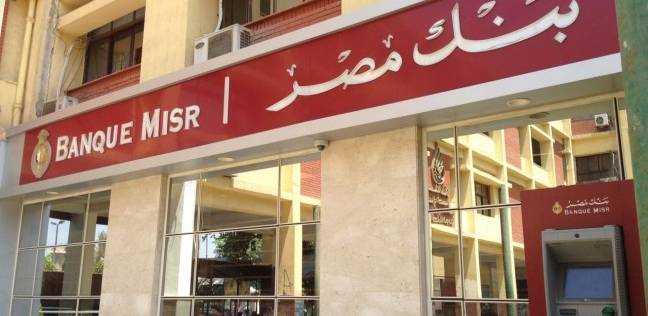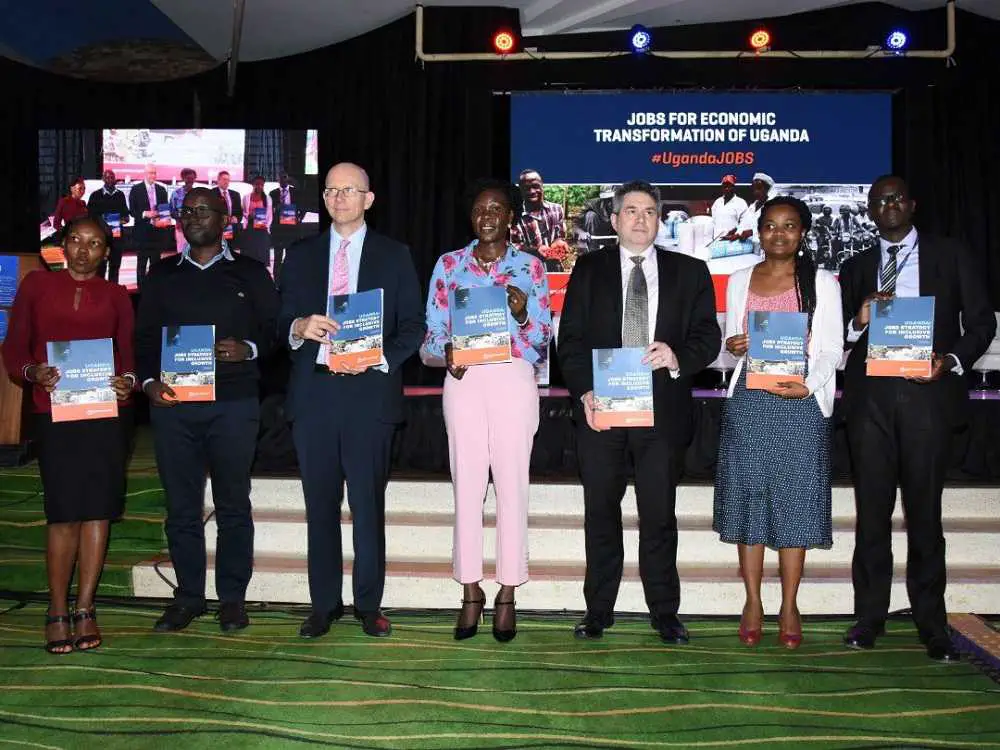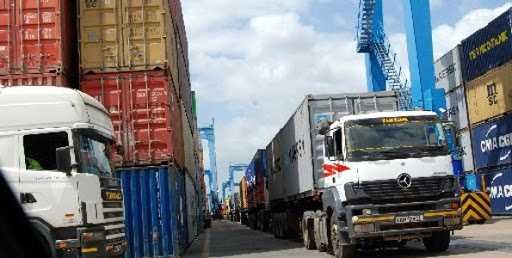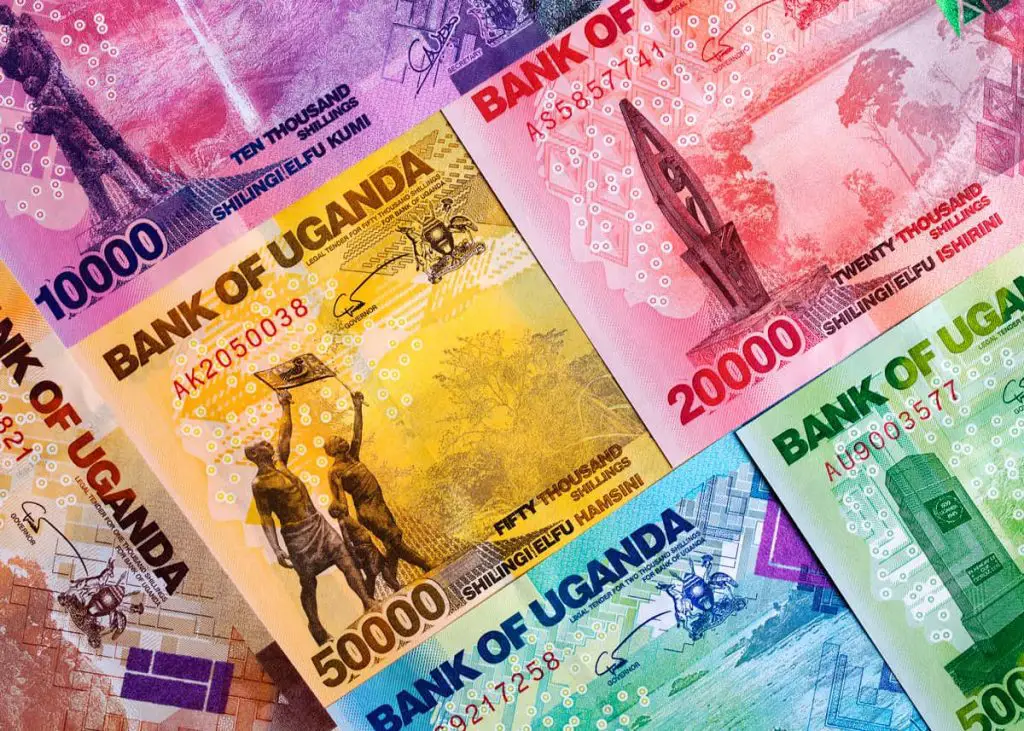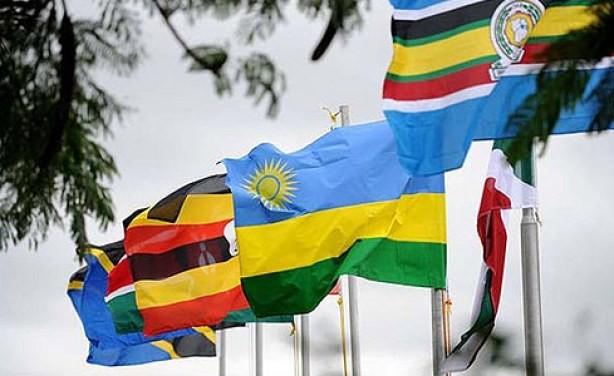- Agribusiness could drive Africa’s economic prosperity
- Dawood Al Shezawi: Why AIM Congress 2024 is the epicenter of global economic and cultural dialogues
- d.light’s 600,000 cookstoves project verified as top source of quality carbon credits
- Artificial intelligence (AI) could create a turning point for financial inclusion in Africa
- AIM Congress 2024: Catalysing global investments with awards
- Kenya’s economic resurgence in 2024
- The most stressful cities to live in 2024 exposed
- Tech ventures can now apply for the Africa Tech Summit London Investment Showcase
Author: Caroline Muriuki
4G Capital announced the completion of its second round of fundraising. The funding was secured by a $2 million debt from Ceniarth LLC, making the total raised to $4 million.
The company will use the investment for lending to its growing customer base of informal MSMEs across Uganda and Kenya.
Since the company was starred in 2013, 4G Capital has grown exponentially, lending over750, 000 loans valued at $90 million. In 2019, the company’s revenue increased by 97 per cent as 4G Capital supported over 60,000 MSMEs.
By the end of 2020, 4G Capital will have lent $43.6 million surpassing all expectations. Without refinancing, repayment rates remain above national averages at over 94 per cent.
Also Read: Mentors jostle for space in Kenya’s challenging SME sector
“The rapid expansion of mobile and technology-based financial services in emerging markets has the potential to provide critical capital to individuals previously excluded from …
The African Development Bank (AfDB) and the Botswana Development Corporation (BDC) signed a Line of Credit (LOC) totalling $80 million to help scale up key investments in Botswana.
The AFDB said in a statement that the Botswana Development Corporation will only lend to specific target groups, focusing on industrialisation including transport, manufacturing and service sectors that have important development impact.
The repayment period will be over 10 years, including a two-year grace period.
Also Read: IMF urges Botswana to start consolidating in 2020
“The African Development Bank is excited to collaborate with BDC to promote private sector development, as well as support broad-based economic growth in Botswana,” said Mohamed Kalif, Manager, Financial Intermediation and Inclusion Division signing on behalf of the Bank.
Kalif said that the facility is the largest to be extended to a financial institution in Botswana and that the Bank is very proud of its partnership with …
Banque Misr, Egypt’s second-largest bank, has announced plans to enter the Kenyan market as it seeks lending deals in East Africa and serving Egyptian firms operating in the region.
To fund the Kenya expansion the state-run bank plans to borrow $250 million from international lenders this year. The Kenyan expansion will also coincide with planned entry into Somalia and Djibouti.
“We are in talks with two international institutions on loans with competitive interest rates,” said Mohamed Eletreby, Banque Misr chairman.
Mr Eletreby added that Banque Misr could enter Kenya through setting up branches or representative offices.
Also Read: Absa Kenya’s US$ 100 million kitty for women entrepreneurs
The bank has branches in the UAE and France, as well as units in Lebanon and Germany and representative offices in China, Russia, South Korea and Italy.
The Banque Misr announcement marks the latest declaration of interest by an Egyptian lender to enter …
Uganda’s growth in the economy has not been fast enough to create enough jobs with higher earnings for one of the world’s fastest-growing workforces.
In Uganda, the World Bank reports that agriculture has remained an earnest tool for most of the youth.
According to the Bank, youth unemployment is growing with each year, 400,000 youth entering the labour market and competing for only 80,000 formal jobs. In Uganda, 75 per cent of the workforce and 55 per cent of youth are engaged in the agriculture sector.
Young Ugandans need faster economic growth combined with a faster economic pace of economic transformation to create higher productive jobs for the future economy, says a world bank report researched and authored by Dino Merotto.
According to the report, Uganda is the world’s youngest country with a median age of just 15.9. From 2010 – 2015 the country also has one of the world’s …
Economic growth generated through digital payments could add up to 3.5 per cent to Egypt’s GDP, according to Visa.
Visa, which describes itself as the world’s leader in digital payments, in partnership with the Egyptian Banking Institute (EBI), hosted the Egypt Payment Security and Digital Solutions Conference earlier this week.
The conference was attended by leaders from Egyptian banks, traders and fintech firms, it featured presentations by Visa experts on the latest cyber-security trends and digital solutions.
The company also presented its security roadmap for Egypt’s payments ecosystem, which is based on the strategic security pillars of protecting data, devaluing data, harnessing data and empowering consumers.
It includes facilitating the deployment of best-in-class digital solutions such as contactless cards and tokenisation which is a process where personal data is protected by replacing it with a randomly generated number or token so as to support both online payments and in-store, as …
From July, Importers in East Africa will operate under a common Customs bond, which guarantees uniform import duties and taxes across all partner states.
Currently, due to the application of different duty rates, valuation and sensitivity of goods, the value of Customs bonds varies from country to country.
In Kenya, importers of transit goods are required to secure a Customs bond issued by an insurance company, while sensitive or delicate cargo requires a bank or cash guarantee. In Rwanda and Uganda, an insurance company the issues custom bond with rates based on the taxes charged by the destination country.
The common Customs bond will reduce the cost of doing business and goods turnaround time, according to the East Africa Community Single Custom Territory Monitoring and Evaluation Committee.
During the Council of Ministers in July, this common Customs bond is expected to be adopted as part of the pillar to create …
The Bank of Uganda held its benchmark interest rate yet in an effort to keep inflation down and below target and to support economic growth.
The central bank rate (CBR) was kept unchanged at 9 per cent, initially set in October 2019 and maintained in December. The band on the CBR was maintained at positive or negative 3 percentage points while the rediscount rate remained at 13 per cent and the bank rate remained 14 per cent.
“The evaluation of the macroeconomic developments and outlook based on the available information set suggests that, at the current CBR, the monetary policy stance is accommodative and that inflation will converge to target in the medium term while supporting economic growth,” said the monetary policy statement explaining the decision.
The Bank said that Uganda’s economy is expected to expand at between 5.5 and 6 per cent in the 2019 fiscal year, which runs …
Uganda’s consumer price inflation moderated in January after striking its highest level in fifteen months in the previous month.
According to the Uganda National Bureau of Statistics(UBOS), in January the annual rate on the consumer price index (CPI) fell to 3.4 per cent from 3.6 per cent in December, the second-lowest in ten months.
Uganda National Bureau of Statistics attributed the decrease in the headline inflation rate to a fall in annual footwear and clothing inflation, to 2.4 per cent against the 4.3 per cent reported for the 12 months ending December 2019.
In January, the annual transport inflation rate also decreased due to reductions in transport prices following the end of the festive season.
Also Read: Chinese firm to develop the largest solar plant in Uganda
Core inflation, which removes volatile food and energy prices and is closely monitored by the central bank, was unchanged at 3 per cent …
Negotiators agreed to raise the East Africa Community’s (EAC) upper tariff band to 32 per cent.
This breaks a deadlock that has delayed review of the customs taxes for close to 10 years.
Currently, east Africa’s three-band common external tariff (CET) structure has an upper rate of 25 per cent, which is the private sector blames for letting in cheaper goods from outside the bloc.
Raw materials and capital goods are currently charged zero per cent by the region, while inputs are charged 10 per cent and 25 per cent on finished goods imports.
In addition, items that can be produced within, EAC has put them under the sensitive list to attract CET at rates between 35 and 100 per cent this includes a number of products such as maize, rice and textile.
According to the agreement, the tariffs will be reviewed to charge import duty of 32 per cent …
A three-day regional conference on debt management in sub-Saharan African convened in Uganda this week is expected to conclude into signing a paper to be presented at several forums.
The forums will include the next World Bank spring meeting to highlight governments’ discomfort with some conditions tied to loans.
Uganda’s Ministry of Finance acting director for debt and cash policy management, Maris Wanyera, said the conference will be attended by delegates from 16 countries, under the theme “sustainable public debt management and a strengthened economic growth”
She also said that in light of the ongoing borrowing frenzy by African countries to finance their development agenda, the conference is long overdue.
“The idea is to come up with a strategy; a voice we can use while negotiating some of these loans. Debt [borrowing] is not bad at all, as long as we borrow for the right purposes and negotiate well, but …







